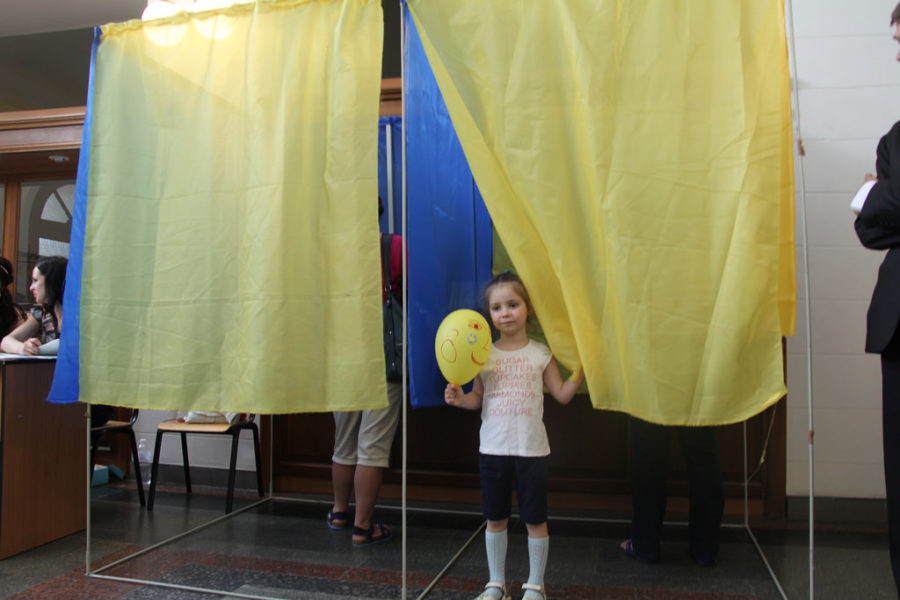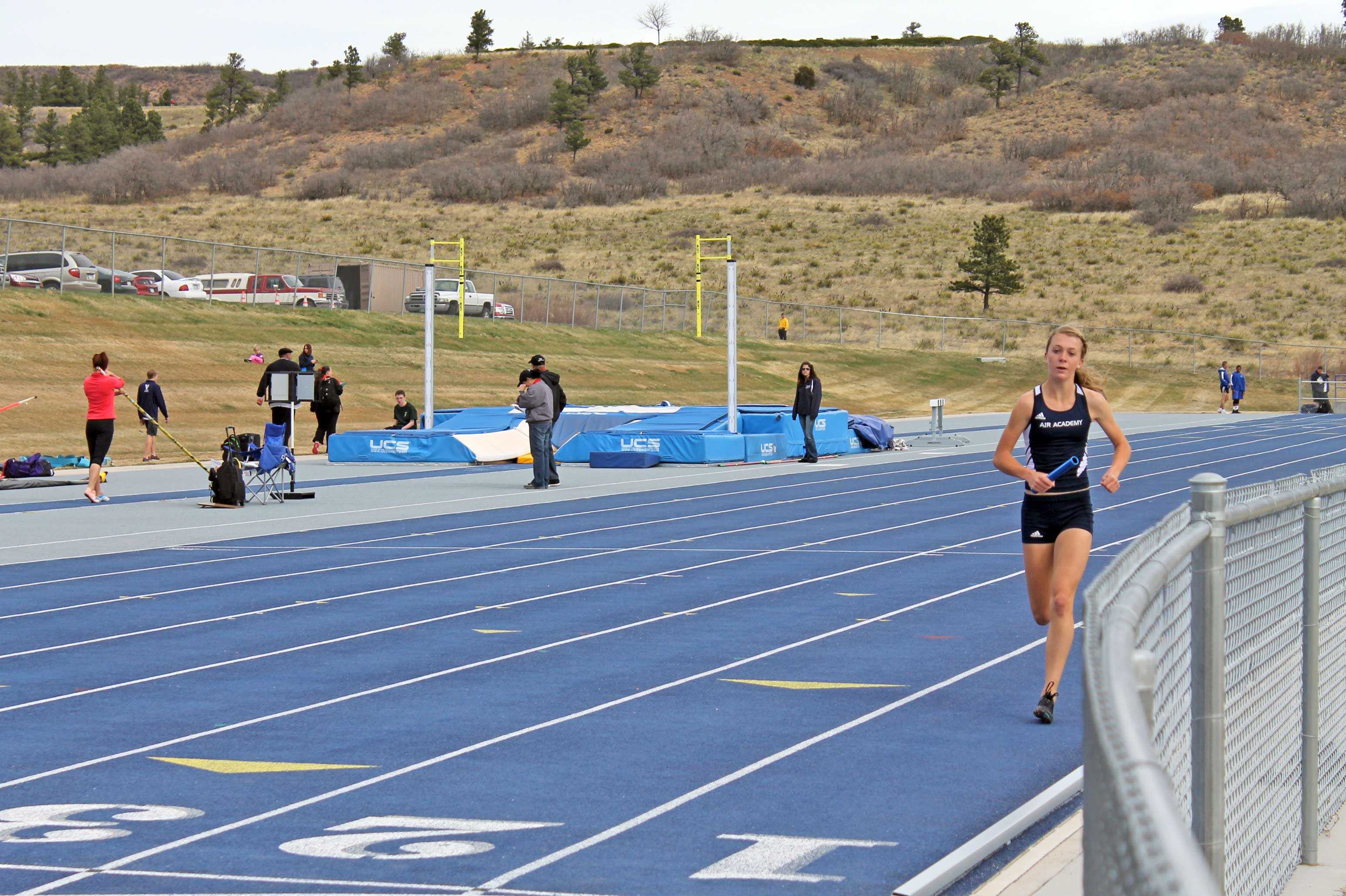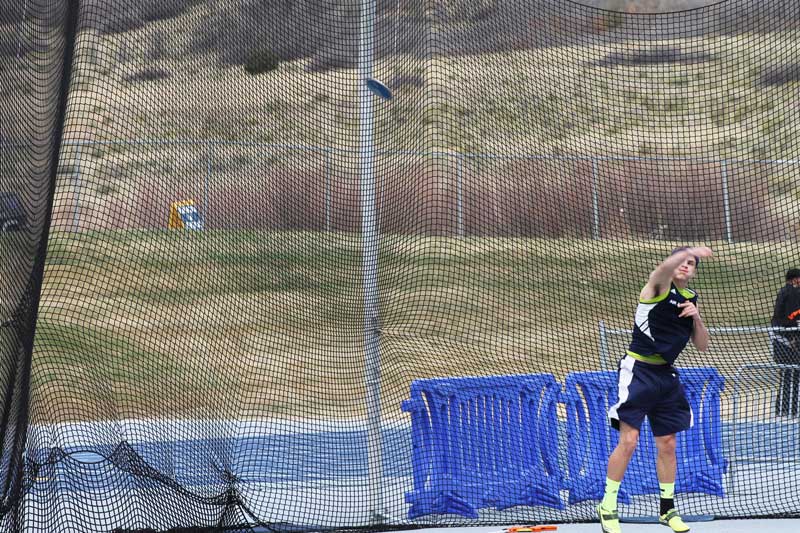Teen Politics
October 31, 2017
Ever had a political discussion get a little bit out of hand in class? Do you ever wonder if these students are just regurgitating the news, or are their ideas truly their own opinions? This can be a difficult question to answer with the political platform of the day and how our teen population is interpreting the information they are fed. What is the reasoning behind our politically motivated teen culture, and what should we do about it?
As times have changed and media has become more accessible to the public eye, it seems as though political disputes follow us around everywhere we go. A buzz on a smartphone can reveal news that shocks the nation, and this constant feed of information means that conflicting ideas between individuals can spark serious debate. School has become the perfect dwelling for these ideals to come to life.
So, when our student population turns into a presidential debate, where are the opinions truly coming from?
“I’ve developed my political beliefs from my parents and other adults that surrounded me as a child,” said Mark Garret, an Air Academy junior. His family is primarily Republican, but Mark respects the views of others and is willing to discuss openly about the future of the United States.
“Politics should be a part of school, but the discussions need to be civilized, letting all sides express their opinions,” explained Mark. Being a junior, he has had many political discussions in his history classes, most of which pertain to the establishment of the United States of America.
“Many students are able to keep their heads and participate appropriately, but some feel attacked by the opinions of others, and it always leads to trouble.”
One side of this story is to limit the amount of political discussion that happens in school. Without any source of conflict, the school can be a safe atmosphere in which no student will feel attacked or outcast for their beliefs. Madi Miller, an Air Academy student and star volleyball player, believes in this stance against politics in the classroom.
“Absolutely not, politics create unneeded conflict between young individuals who do not know the full story of present politics- school is not a good place for politics to be discussed,” described Miller. When students speak out backing actions and political situations that they do not fully understand, others in the student body may be offended. With the bias that is constant in the news outlets of our media, it is easy for teenagers to formulate twisted opinions due to misinformation.
“I believe that teenagers have little experience in society and in real world issues,” Miller said. “Therefore, kids turn to public news channels to make influenced decisions for themselves. Depending on the news channel, these decisions can be informed or misled.”
It cannot be denied that the political platform of our country is quite unstable at the moment, and extremism exists in both liberal and conservative parties. Though battles have always been fought in search of political power, it has now become a battle for social stature and acceptance within our adolescent population.
As tensions continue to rise with time, it is crucial that our student population fully understands the happenings in our government to properly equip our nation for future prosperity.







Dylan Featherston • Nov 1, 2017 at 1:59 pm
Interesting and insightful article with neat concepts. However, you could have got more interviews to appeal to students at AAHS.
Aeden Riggs • Nov 1, 2017 at 1:40 pm
Ya’know, I think that some people really do know what they’re doing. I think that most people are smart enough to tell the difference between real news and propaganda.